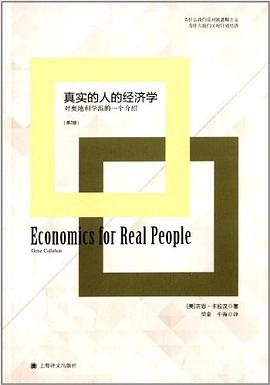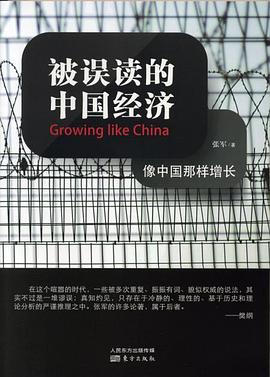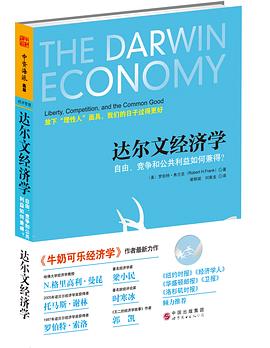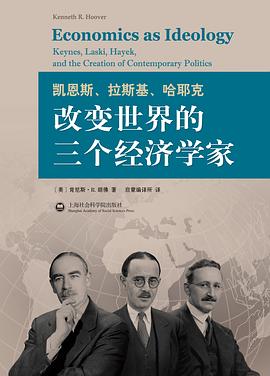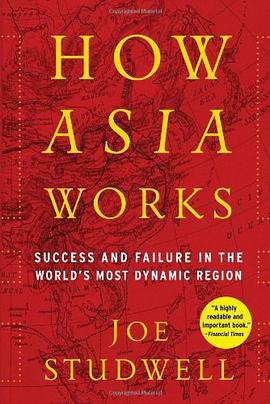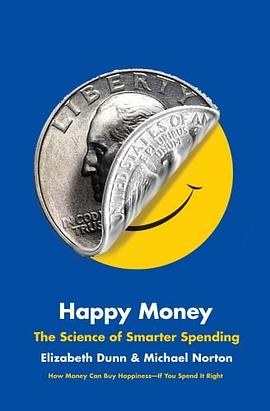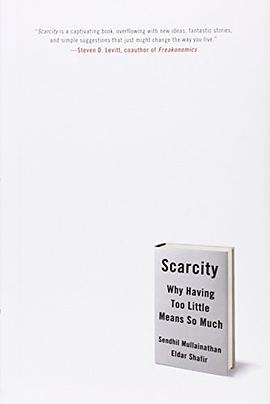

具體描述
A surprising and intriguing examination of how scarcity—and our flawed responses to it—shapes our lives, our society, and our culture
Why do successful people get things done at the last minute? Why does poverty persist? Why do organizations get stuck firefighting? Why do the lonely find it hard to make friends? These questions seem unconnected, yet Sendhil Mullainathan and Eldar Shafir show that they are all are examples of a mind-set produced by scarcity.
Drawing on cutting-edge research from behavioral science and economics, Mullainathan and Shafir show that scarcity creates a similar psychology for everyone struggling to manage with less than they need. Busy people fail to manage their time efficiently for the same reasons the poor and those maxed out on credit cards fail to manage their money. The dynamics of scarcity reveal why dieters find it hard to resist temptation, why students and busy executives mismanage their time, and why sugarcane farmers are smarter after harvest than before. Once we start thinking in terms of scarcity and the strategies it imposes, the problems of modern life come into sharper focus.
Mullainathan and Shafir discuss how scarcity affects our daily lives, recounting anecdotes of their own foibles and making surprising connections that bring this research alive. Their book provides a new way of understanding why the poor stay poor and the busy stay busy, and it reveals not only how scarcity leads us astray but also how individuals and organizations can better manage scarcity for greater satisfaction and success.
著者簡介
Sendhil Mullainathan, a professor of economics at Harvard University, is a recipient of a MacArthur Foundation “genius grant” and conducts research on development economics, behavioral economics, and corporate finance. He lives in Cambridge, Massachusetts.
Eldar Shafir is the William Stewart Tod Professor of Psychology and Public Affairs at Princeton University. He conducts research in cognitive science, judgment and decision-making, and behavioral economics. He lives in Princeton, New Jersey.
圖書目錄
讀後感
作者:安替 【导读】人们总是说,只有对钱抱有百分的渴望,才能够拥有钱。穷人是因为渴望不够吗? 穷人只所以贫穷是因为他们不努力吗,拖延症患者之所以拖拉是因为不知道时间宝贵吗,本文从心理学、行为经济学和政策研究揭示了一个天才发现。美国一个跨学科团队今年完成了一...
評分我最近在看决策相关的书籍,其中《稀缺:我们是如何陷入贫穷与忙碌的》最为吸引我,因为我经常像作者所说的那样,陷入忙乱而无法自拔的境地。而我更想知道的是:穷人到底是怎样进入这种越忙越穷、越努力越悲惨的恶性循环的?阅罢此书,我终于从作者塞德希尔·穆来纳森(哈佛大...
評分千万不要以为这些人是一天到晚无所事事,其实很多人早就制定好了计划,目标也有了,动力也有了,但为什么就是无法有效的执行呢? 德鲁克在《卓有成效的管理者》中提到一个观点,有效率的管理者总是从如何规划自己的时间开始,因为时间这种资源如果浪费就无法挽回。 ...
評分作者对稀缺这一核心概念做了大量严谨而又合乎逻辑的说理,也用了大量的实例来解释稀缺这一核心概念,甚至不厌其烦的反反复复为我们解释带宽、余闲、管窥等几个子概念,好像生怕我们不理解、不相信似的。 耐着性子看到最后三章才发现,作者其实就想告诉我们要未雨绸缪、要储蓄...
評分我没看过这本书,为什么要写书评? 这是我至今唯一一本没有看过就写书评的书。我看了目录和其他人的书评,关于匮乏,我有话要讲。 是心态。 如果缺时间,就不会想要15分钟后再吃棉花糖,就不会坚持锻炼,就不会觉得睡眠是最大的投资。 如果缺钱,就不会考虑学习,不会考虑投...
用戶評價
稀缺性占用瞭你的帶寬,影響瞭你的認知能力,而囿於稀缺性對你的思考模式的影響,你又難以走齣。所以你需要slack。有啓發,但書還是太囉嗦瞭。
评分傳送 http://libgen.org/get.php?md5=6dffdbc77ad3e21e7f144b5bbee18ab3
评分傳送 http://libgen.org/get.php?md5=6dffdbc77ad3e21e7f144b5bbee18ab3
评分Explore and explain human behaviors in the situation of limited resources(time, money...) from the psychological side. Fresh and inspiring for the originality. For the action part, still more to explore.
评分稀缺性占用瞭你的帶寬,影響瞭你的認知能力,而囿於稀缺性對你的思考模式的影響,你又難以走齣。所以你需要slack。有啓發,但書還是太囉嗦瞭。
相關圖書
本站所有內容均為互聯網搜索引擎提供的公開搜索信息,本站不存儲任何數據與內容,任何內容與數據均與本站無關,如有需要請聯繫相關搜索引擎包括但不限於百度,google,bing,sogou 等
© 2025 book.quotespace.org All Rights Reserved. 小美書屋 版权所有




